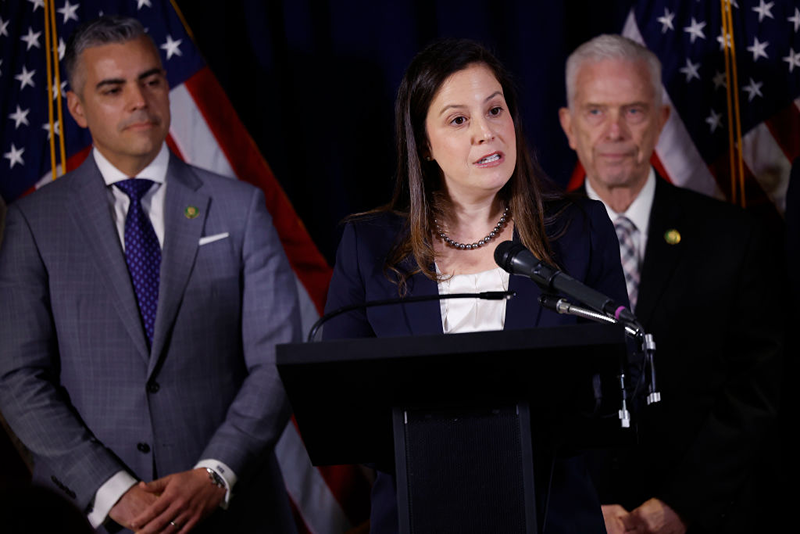

OAN Geraldyn Berry
UPDATED 6:26 PM PT – Wednesday, March 1, 2023
As a direct response to the increase in costs over the past year, which Republicans have blamed on the Biden administration, the House passed a bill that would require the Biden administration to provide estimates on how “major” executive orders signed by the president would impact inflation.
On Wednesday, the Reduce Exacerbated Inflation Negatively Impacting the Nation (REIN IN) Act was approved in a 272-148 vote. Representatives Andy Biggs (R-Ariz.), Bob Good (R-Va.), Matt Rosendale (R-Mont.), and Chip Roy (R-Texas) were the only four Republicans to vote against the bill, which received the support of 59 Democrats.
Just two weeks after the Labor Department reported that consumer prices rose by a higher-than-expected 0.5% in January and 6.4% yearly, House Republicans brought the proposal to the floor. Although inflation peaked in June at 9.1%, the highest rate in 40 years, annual inflation is now in on a decline.
The bill’s sponsor, Elise Stefanik (R-NY), chair of the House Republican Conference, reinforced Republican talking points during a floor debate on Tuesday, claiming that her measure is a means of ensuring “transparency” from the White House.
“By passing the REIN IN Inflation Act, House Republicans will demand transparency for the American people by revealing how much Biden’s executive orders are costing hardworking families and the painful impact it has on inflation,” Stefanik said. “This is about transparency for the American people.”
In accordance with the proposed legislation, the Director of the Office of Management and Budget and the Chair of the Council of Economic Advisers would be required to compile reports on the inflationary effects of “any major executive order,” which lawmakers defined as any action that would be anticipated to have an annual gross budgetary effect of at least $1 billion. Before the order is implemented, the estimate would be necessary.
Representative Scott Perry (R-Pa.) proposed an amendment to the measure that would also require inflation projections for executive orders that have an annual gross budgetary effect of at least $1 million. The proposal was passed by lawmakers. Representative Michael Cloud (R-Texas) proposed a different amendment that was accepted, instructing the administration to take inflationary effects of debt servicing costs into account.






Be the first to comment